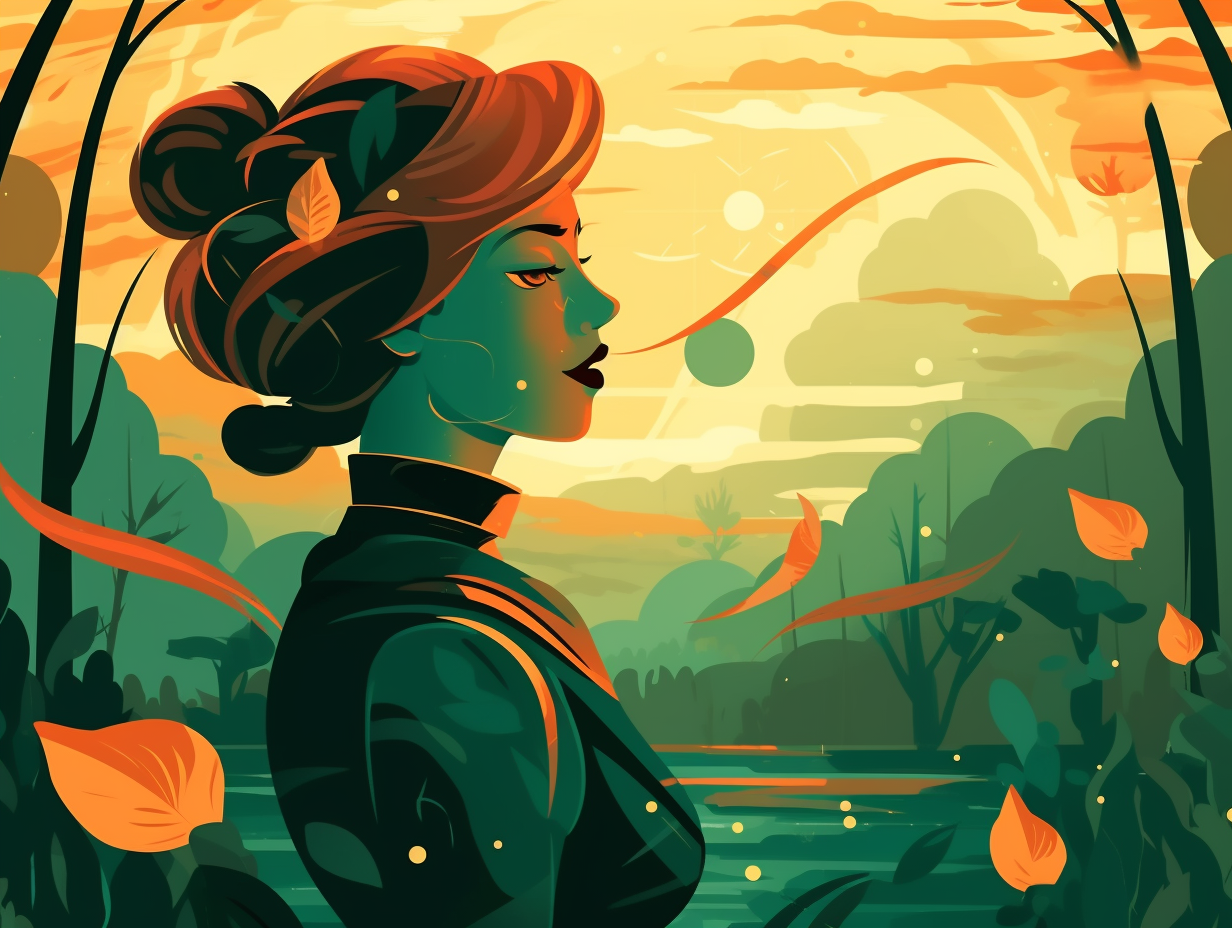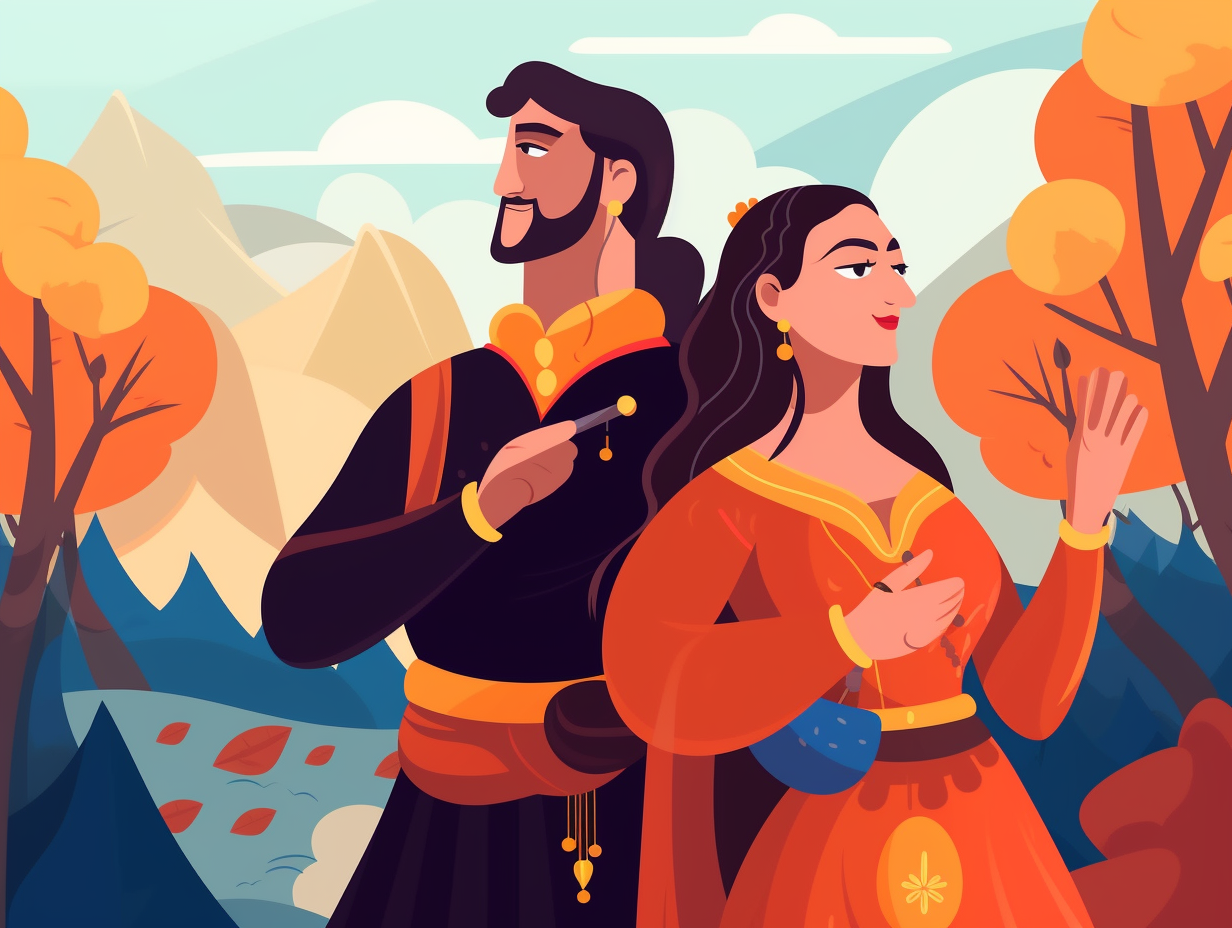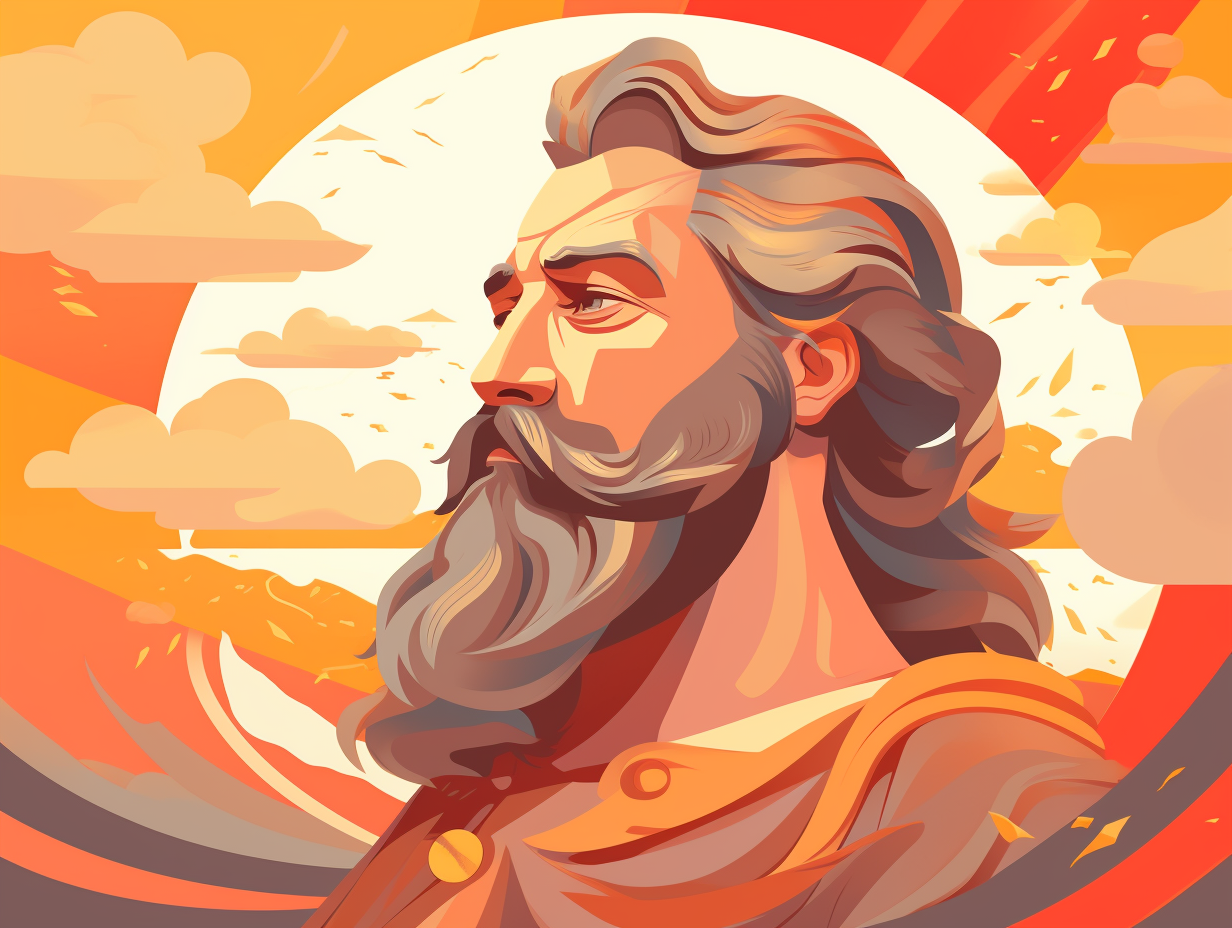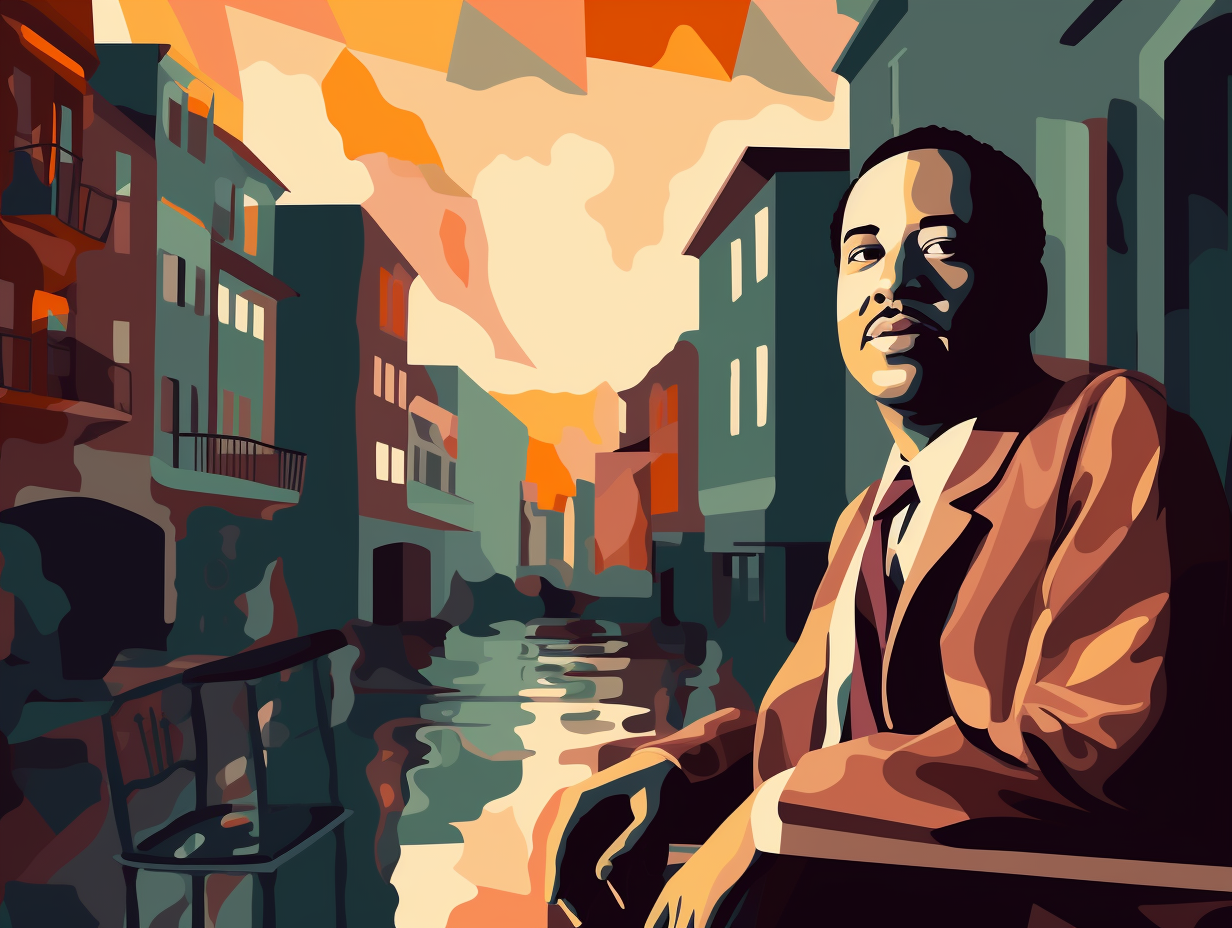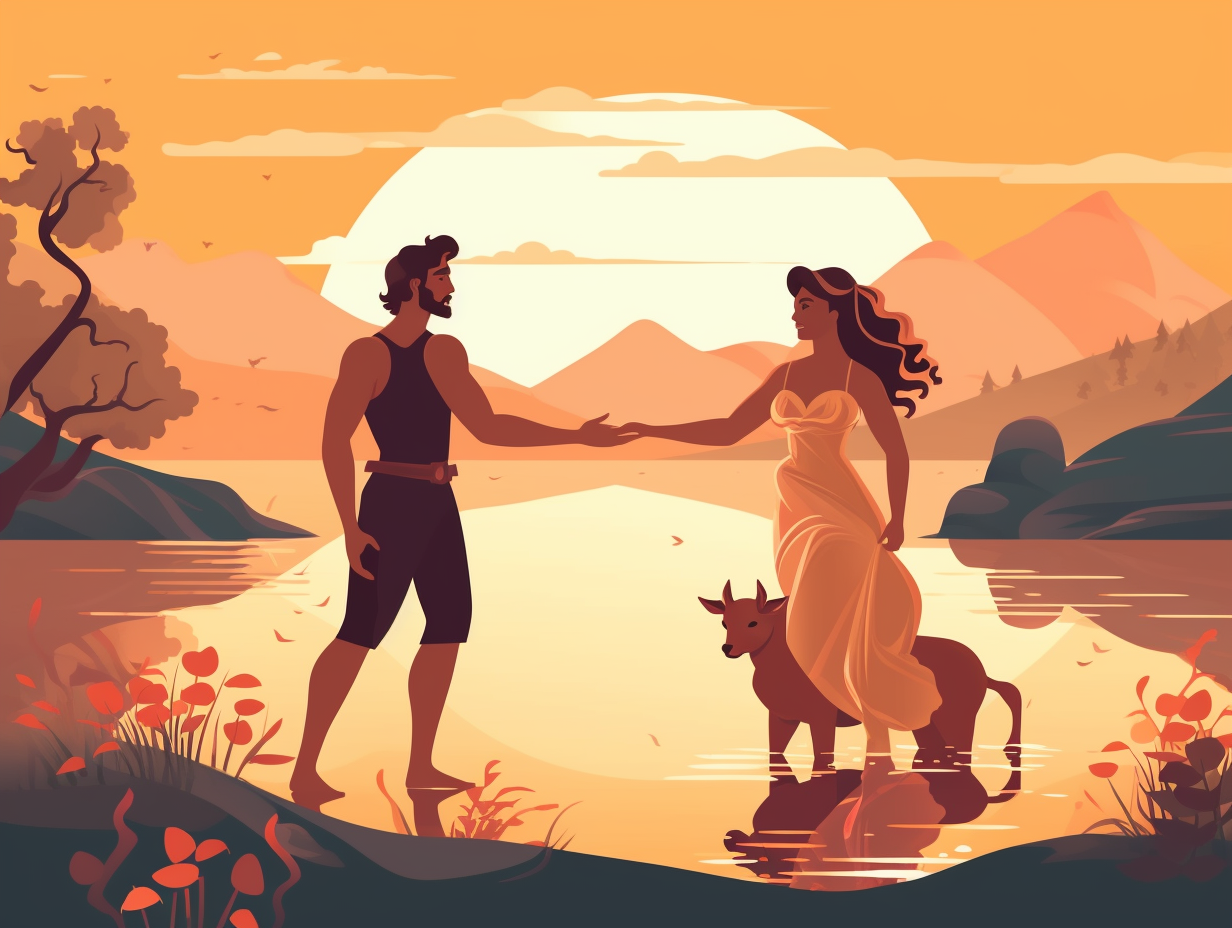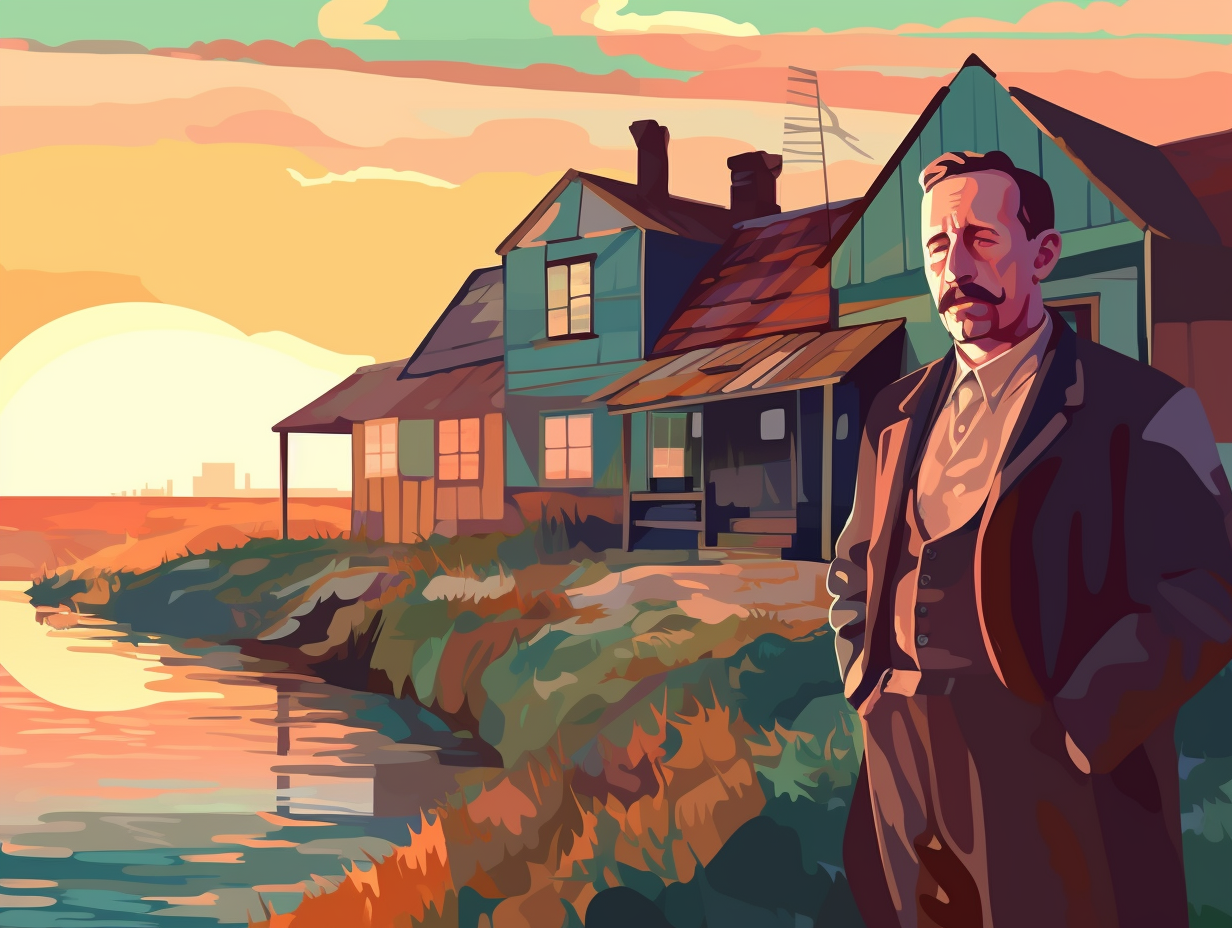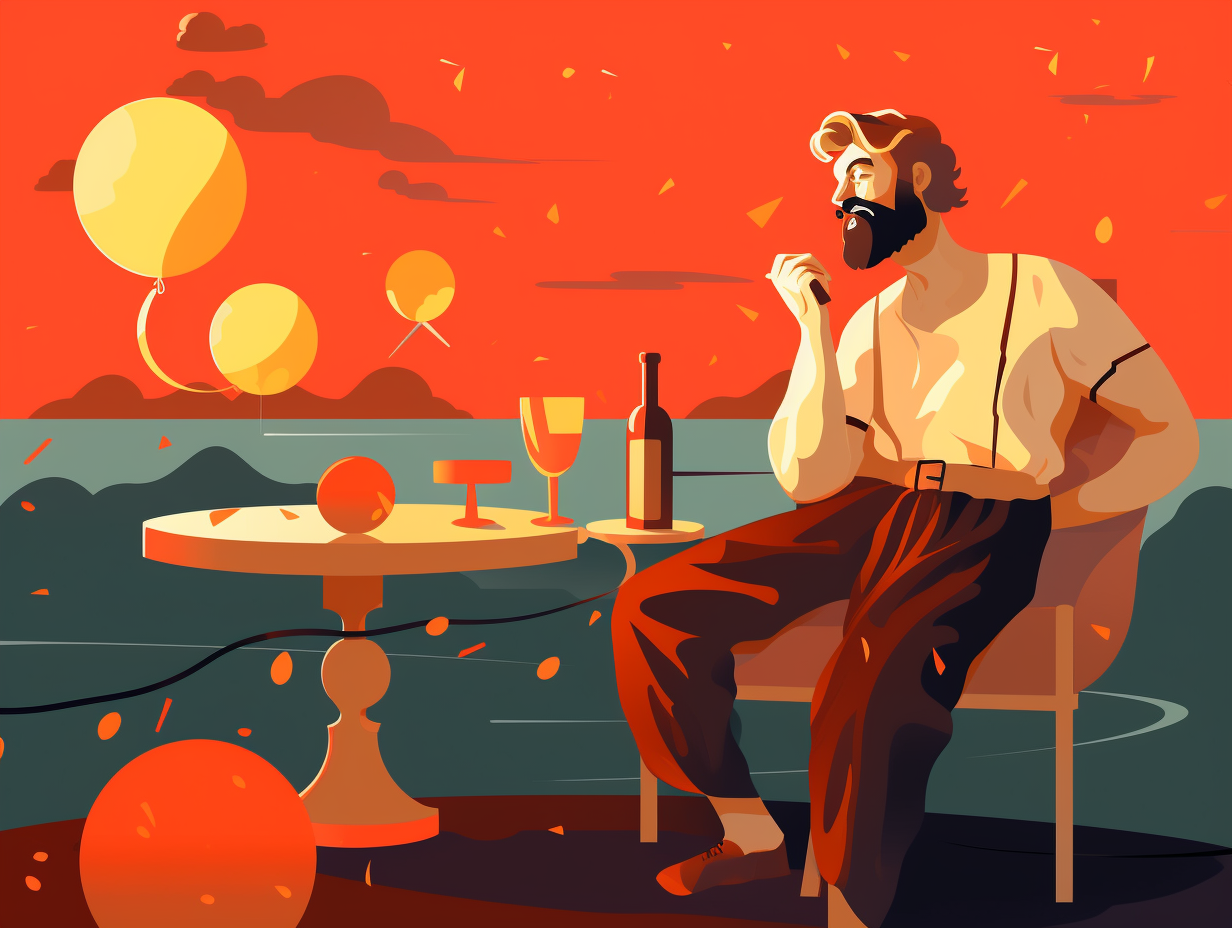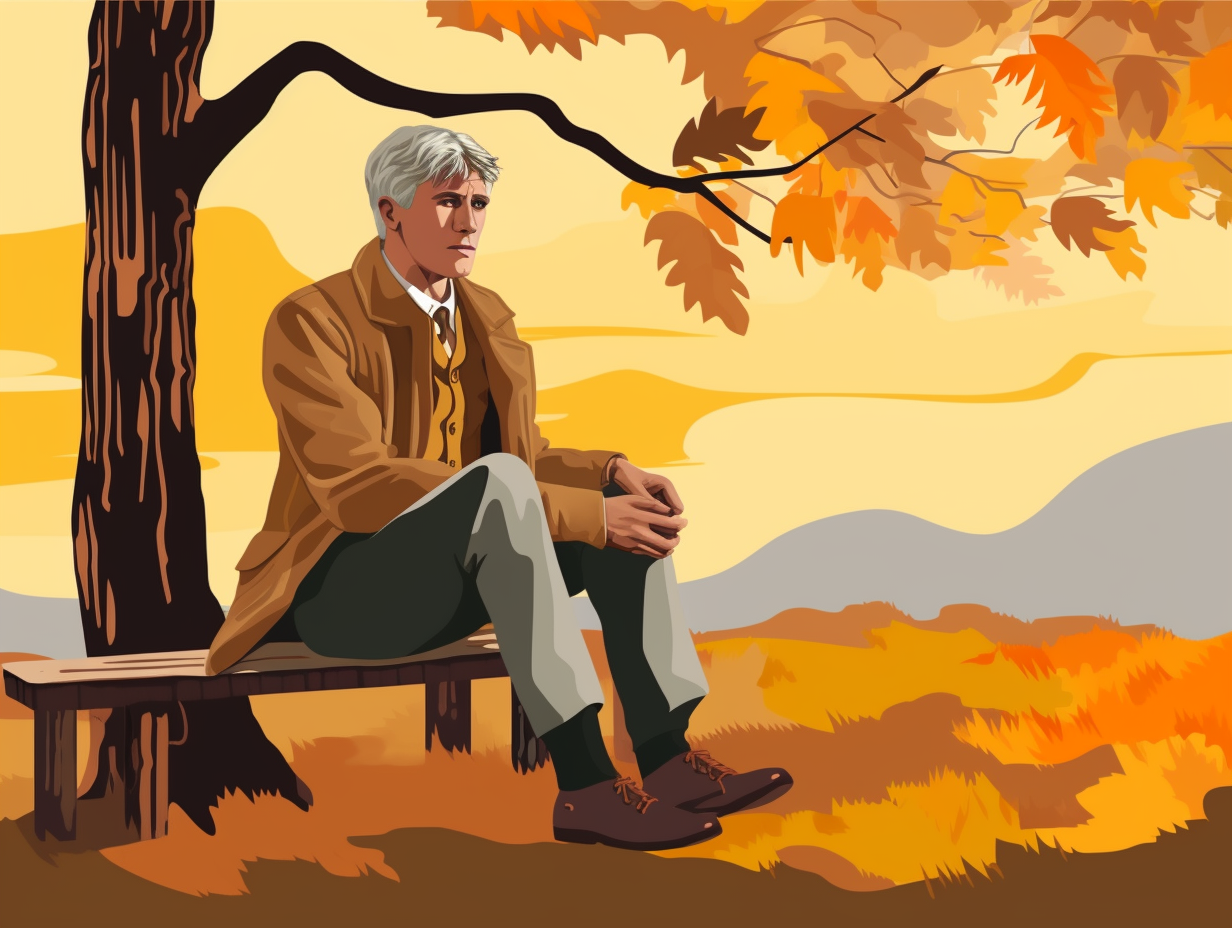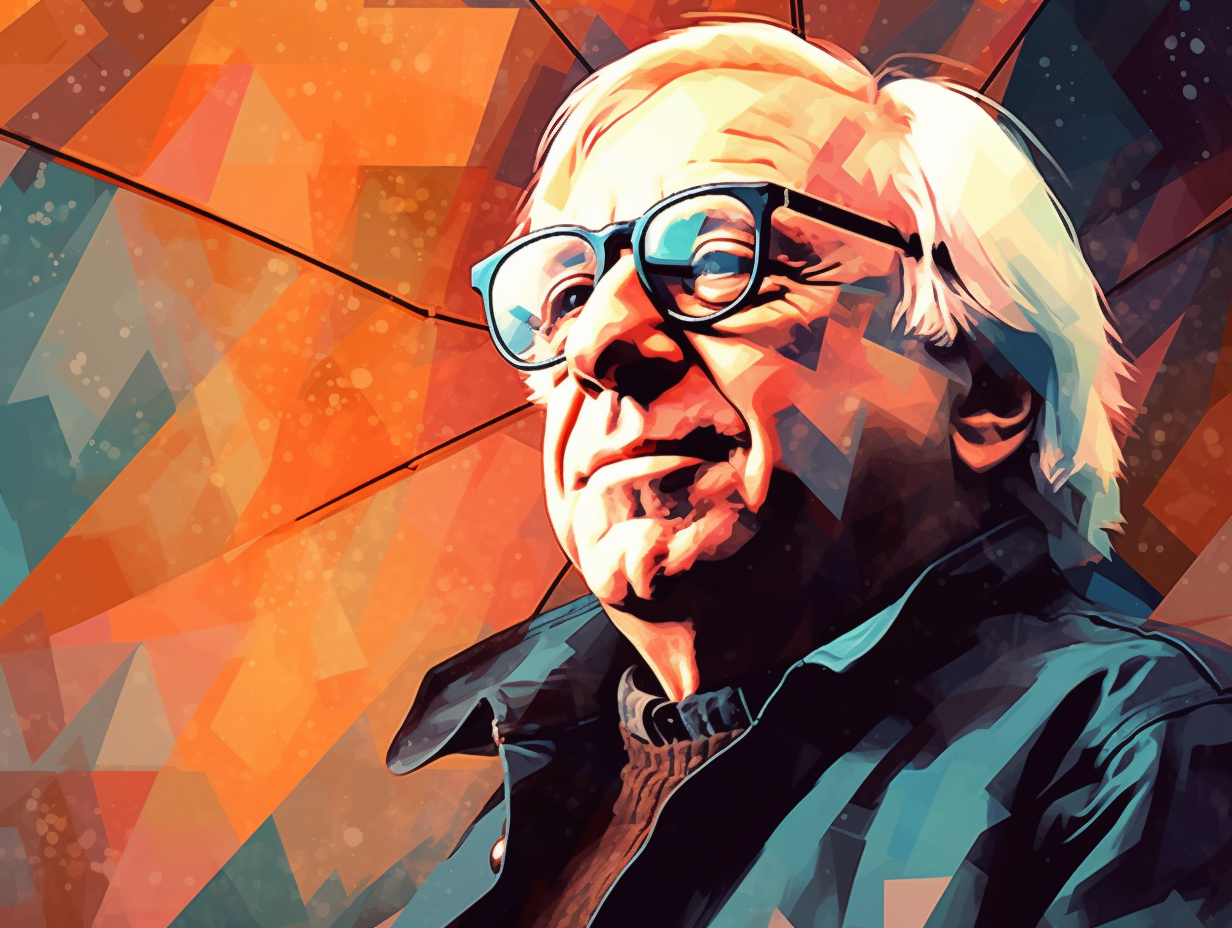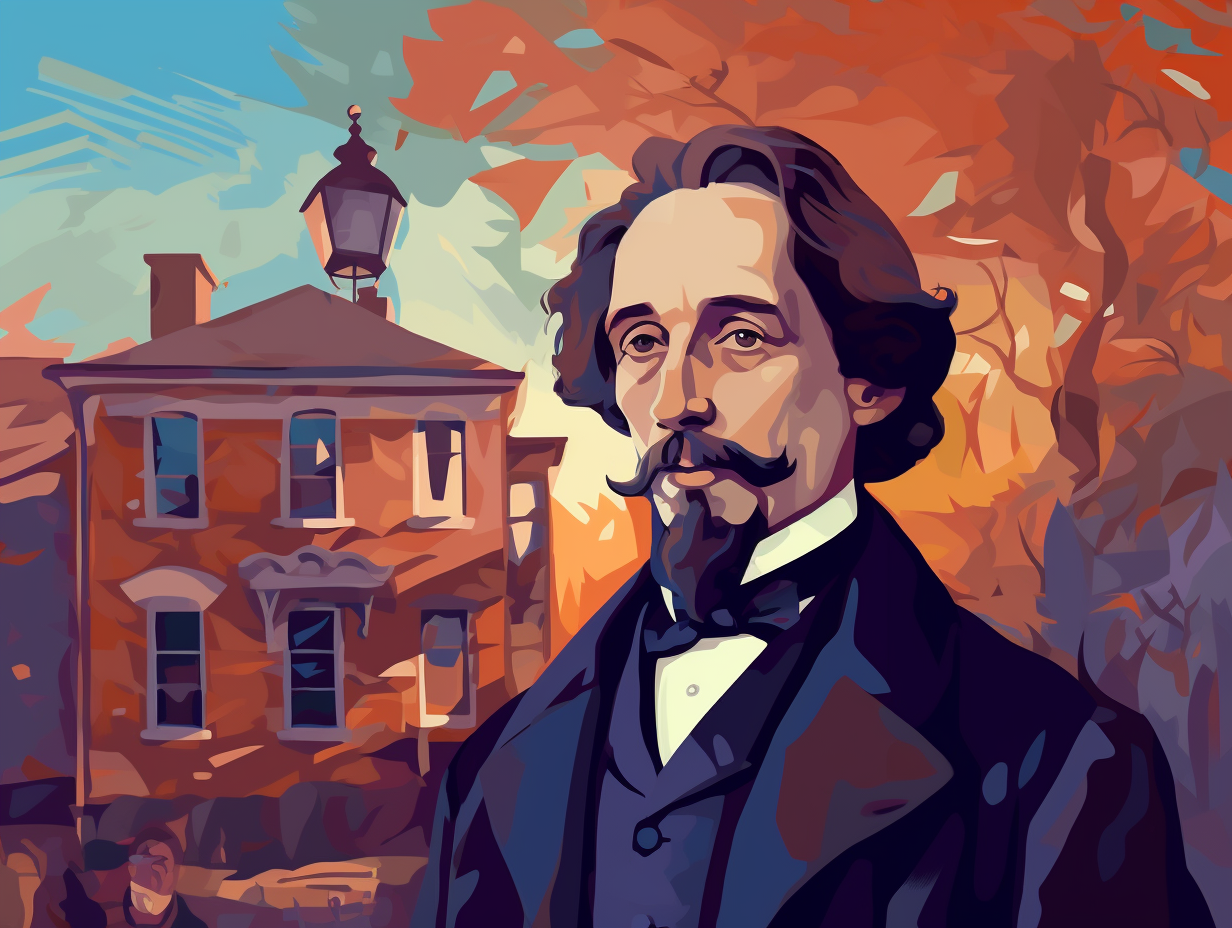Discover the Unexpected: Top 13 Fun Facts About George Orwell You Never Knew!
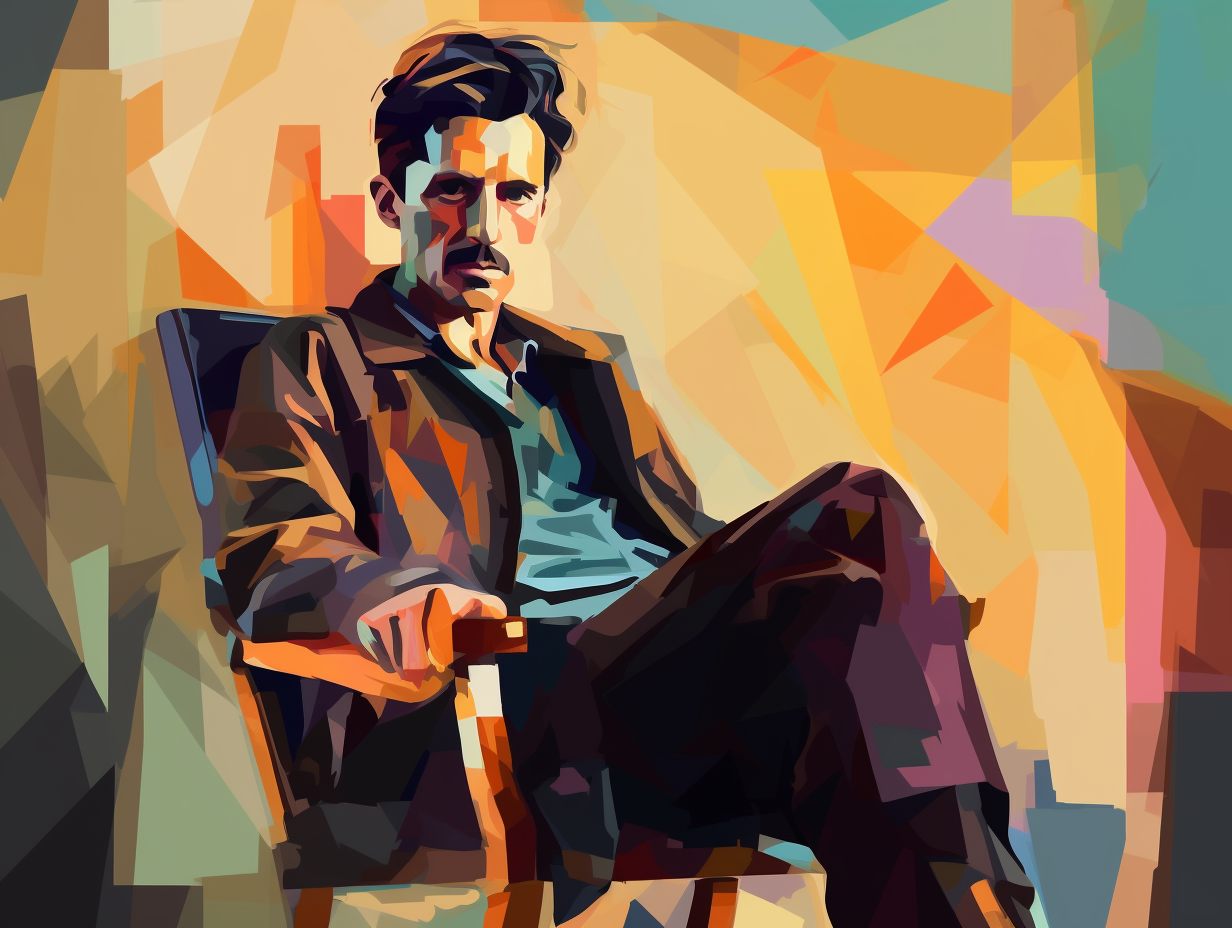
1. Barnyard Battle of Wits
Ever wondered who would win in a barnyard battle of wits between Karl Marx and Joseph Stalin? Look no further than Orwell's "Animal Farm": A clever allegory for the Russian Revolution, the story features characters inspired by historical figures – Old Major as Karl Marx, Snowball as Leon Trotsky, Napoleon as Joseph Stalin, and Squealer as the voice of propaganda.
Source => newportbeachca.gov
2. Teacher-Student Literary Duo
Before Aldous Huxley took a brave new world by storm, he took a French class on a whirlwind: George Orwell happened to be his student at Eton College, albeit a less-than-stellar one. This educational misadventure didn't stop them from becoming a literary dynamic duo later on: Huxley influenced and applauded Orwell's work, even predicting that Nineteen Eighty-Four would become a timeless foundation for sociopolitical criticism and that infant conditioning and narco-hypnosis would gain popularity as government controls.
Source => thevintagenews.com

Did you know about the elusive tale of Shakespeare's alleged deer poaching escapades? Uncover the truth behind this bardly mystery and the journey that transformed him into a renowned playwright! 🦌🎭
=> Fun Facts about Shakespeare
3. Apple's Orwellian Commercial
Who needs Big Brother when you've got Apple? In a twist nearly as chilling as Orwell's novel, the tech giant turned the tables on totalitarianism and enlisted George's dystopian ideas for their own grand unveiling: Inspired by Nineteen Eighty-Four, Apple's unforgettable "1984" commercial introduced the world to the Macintosh computer by showcasing an empowering heroine who defies conformity and embraces originality, much to the chagrin of the omnipresent, oppressive authority figure. That's one way to launch a revolution – with a cheeky nod to George Orwell and a clever marketing scheme immortalized in the Clio Awards Hall of Fame.
Source => en.wikipedia.org
4. Orwell's Perfect Cuppa Tea
While teatime gossip may spill the tea, George Orwell brewed his own unique leaves of wisdom: He penned an essay outlining 11 rules for the perfect cuppa, including using Indian or Ceylonese tea, pre-warming the teapot, and pouring tea into the cup before adding milk, while also tackling controversial tea-drinking etiquette and the prophetic powers of tea leaves.
Source => orwellfoundation.com
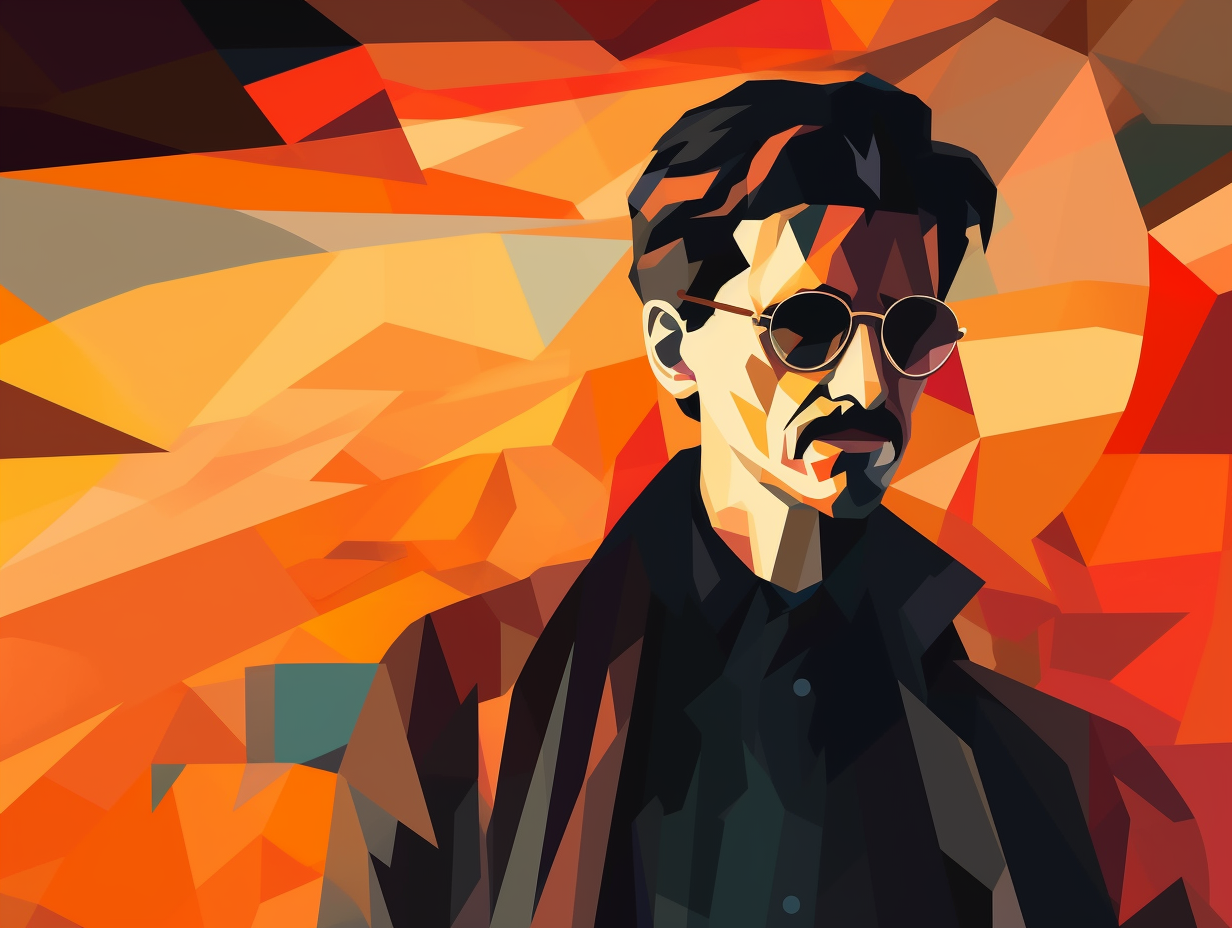
5. The Identity of Eric Arthur Blair
You might want to call a detective, Sherlock, because we've got a case of missing identity on our hands: Our beloved George Orwell, of "1984" fame, didn't use his iconic pen name until 1933, shortly before the publication of his first book, "Down and Out in Paris and London"—before going undercover, he was simply known as Eric Arthur Blair.
Source => bbc.co.uk
6. Writing with a Dying Breath
George Orwell, defying his doctors' orders like a literary daredevil: With his health deteriorating due to pulmonary tuberculosis, Orwell continued to craft letters, essays, book reviews, and corrections for his soon-to-be-published novel Nineteen Eighty-Four, even brainstorming ideas for future books, such as a novella called 'A Smoking Room Story', set in a Burma he hadn't visited since his youth.
Source => npr.org
7. From Dishwashing to Dystopia
Before swapping ratatouille for rat races, or trading the "Art of Cooking" for "How to Win Friends and Influence People": George Orwell familiarized himself with poverty's raw flavors by embarking on tramping expeditions around London, and scrubbing dishes in Parisian eateries, before penning "Down and Out in Paris and London".
Source => en.wikipedia.org
8. Orwell's POUM Adventures
Orwell didn't "say POUM, marry me!": George Orwell actually fought as a member of the POUM militia, a group of anti-Stalinist communists, during the Spanish Civil War and was forced to flee to France after the party became outlawed. This debunks the myth that he supposedly proposed to someone moments after returning from the battlefield.
Source => en.wikipedia.org
9. Curry Cravings in London
In a classic case of "lost in translation," our beloved British dystopian author George Orwell lived the childhood equivalent of “curry in a hurry” while still rocking the English linguistics boat: Despite his birth and formative years in India, Orwell failed to master any Indian language – though he did dabble in Hindustani and indulged his curry cravings back in London with his Indian pals.
Source => timesofindia.indiatimes.com
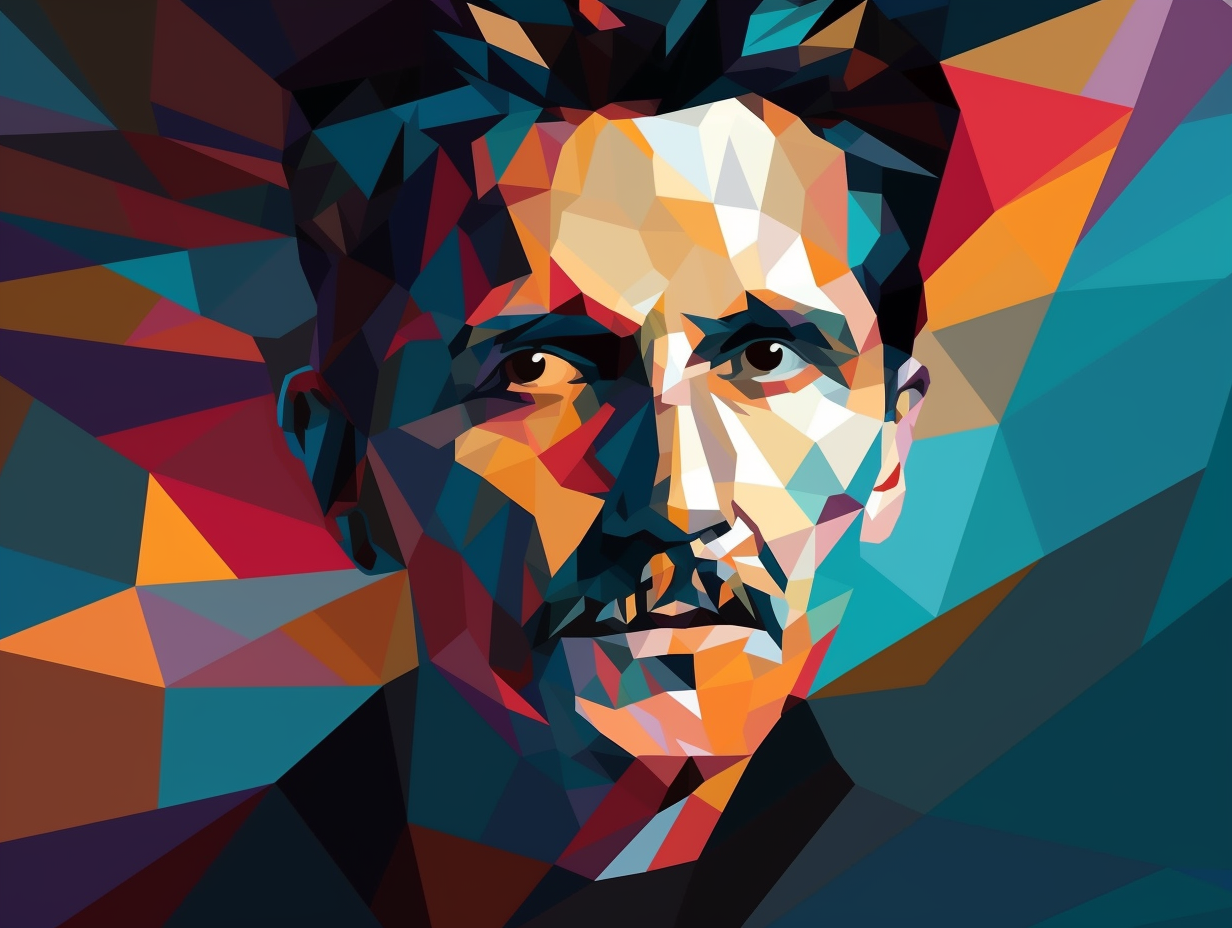
10. Baptized Big Brother Believer
In an Orwellian twist of fate, George found himself baptized in a "Big Brother's watching you" kind of God: As an infant, the famous author was indeed baptized into the Anglican Church, despite later rejecting all religious beliefs and admitting to loathing God and Jesus during his upbringing.
Source => muse.jhu.edu
11. Swapping Guns for Literature
Rumor has it that George Orwell wasn't just trying to land a gig as a war correspondent, but rather signed up for the Spanish Civil War's shooting team tryouts: In reality, Orwell joined the fighting immediately upon arrival in Barcelona, got shot in the neck, escaped to France, and then decided to focus on fighting totalitarianism and promoting democratic socialism through his later literary works.
Source => en.wikipedia.org
12. Born in India, Adapted for England
Whoever said "what's in a name" clearly never met our favorite 1984 mastermind: Eric Arthur Blair popped out in India, only to make an Orwell-timed escape to England as a tiny tot: Despite the very English pen name, George Orwell was actually born in India as Eric Arthur Blair and whisked away to his true home, England, when he was just a bairn.
Source => ipl.org
13. Orwell's Private "Big Brother" List
Despite George Orwell's penchant for fighting totalitarianism, the lad sure knew how to keep a "Big Brotherly" list of his own: Actually, Orwell maintained a private notebook containing names of potentially pro-Stalinist individuals, which he voluntarily handed to a British government agency during the Cold War, not to snitch on them but to assist in identifying unsuitable writers for counter-intelligence operations.
Source => en.wikipedia.org
Related Fun Facts

